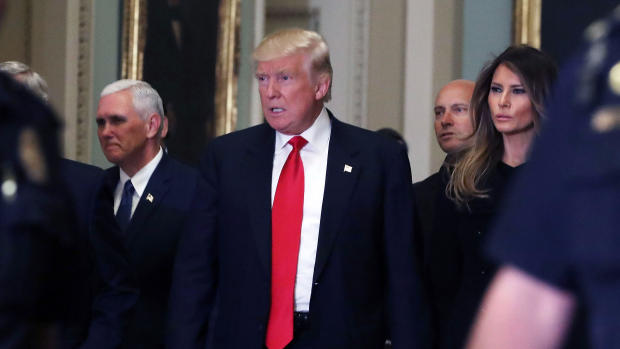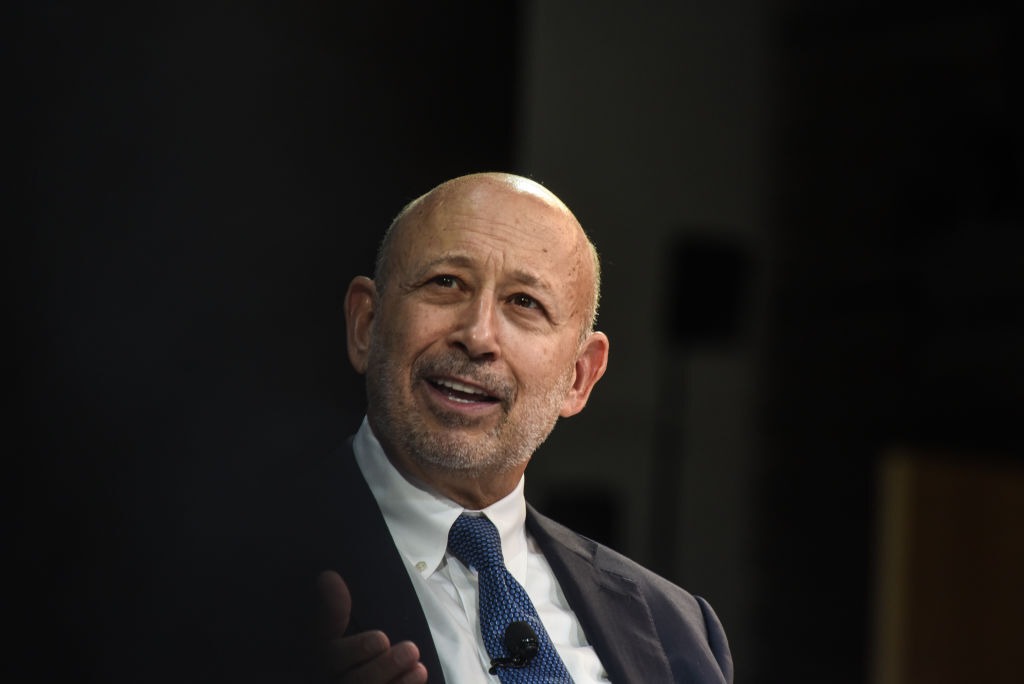Gary Cohn’s exit brings new risks
Gary Cohn's exit from the White House comes at a critical time for the global economy. As a top economic adviser, he pushed for tax cuts and deregulation — two things the stock market loved.
But he lost the fight over free trade, and that brings a whole new set of risks for investors.
The big fear: That President Trump will proceed with hefty tariffs against steel and aluminum imports, setting off a trade war with nations that include U.S. allies.
Trump says America needs healthy steel and aluminum sectors, and that national security depends on them. But what happens to corporate profits and American jobs if other countries retaliate against U.S. companies? Cohn's departure also comes deep into negotiations with Canada and Mexico over NAFTA, and as trade tensions with China continue to heat up.
"The NAFTA renegotiation is really important to our economy, and the process has not exactly been going swimmingly, but continues," said Art Hogan, chief market strategist at B. Riley RBR. "But slapping tariffs on Mexico, our number three steel importer, and Canada, the number one importer of steel, leaves it all hanging out there in the abyss."
Recent events also signal a greater likelihood that the Trump administration would retaliate against China for its alleged theft of U.S. intellectual property.
U.S. exports that could be harmed in a trade feud with China include agricultural products, aerospace parts and motor vehicles, according to strategists at UBS.
"The trade pendulum is swinging and raising uncertainty," noted Keith Parker, an equity strategist at UBS. "Starting with solar panels and washing machines, followed by the announcement of broad tariffs on steel and aluminum, investors are assessing the prospect for retaliation and actions against China.
So far, investors are not in panic mode. U.S. stocks were down Wednesday, but did not plunge. "This shouldn't come as the largest surprise in the world," said JJ Kinahan, chief strategist at TD Ameritrade, who noted published reports saying that Cohn would likely quit over tariffs.
What comes next will depend on Cohn's replacement. "If we get more of a market-friendly globalist, and a return of balance, that would help some of this chaos," Hogan said.
But some believe that balance is not part of the equation going forward.
"[W]e think trade policy is different and investors need to understand that the assumptions about a liberal and open global trade framework are being shredded and that the sanctions on steel and aluminum may represent a new paradigm regarding global trade," KBW analysts said in a client's note.




